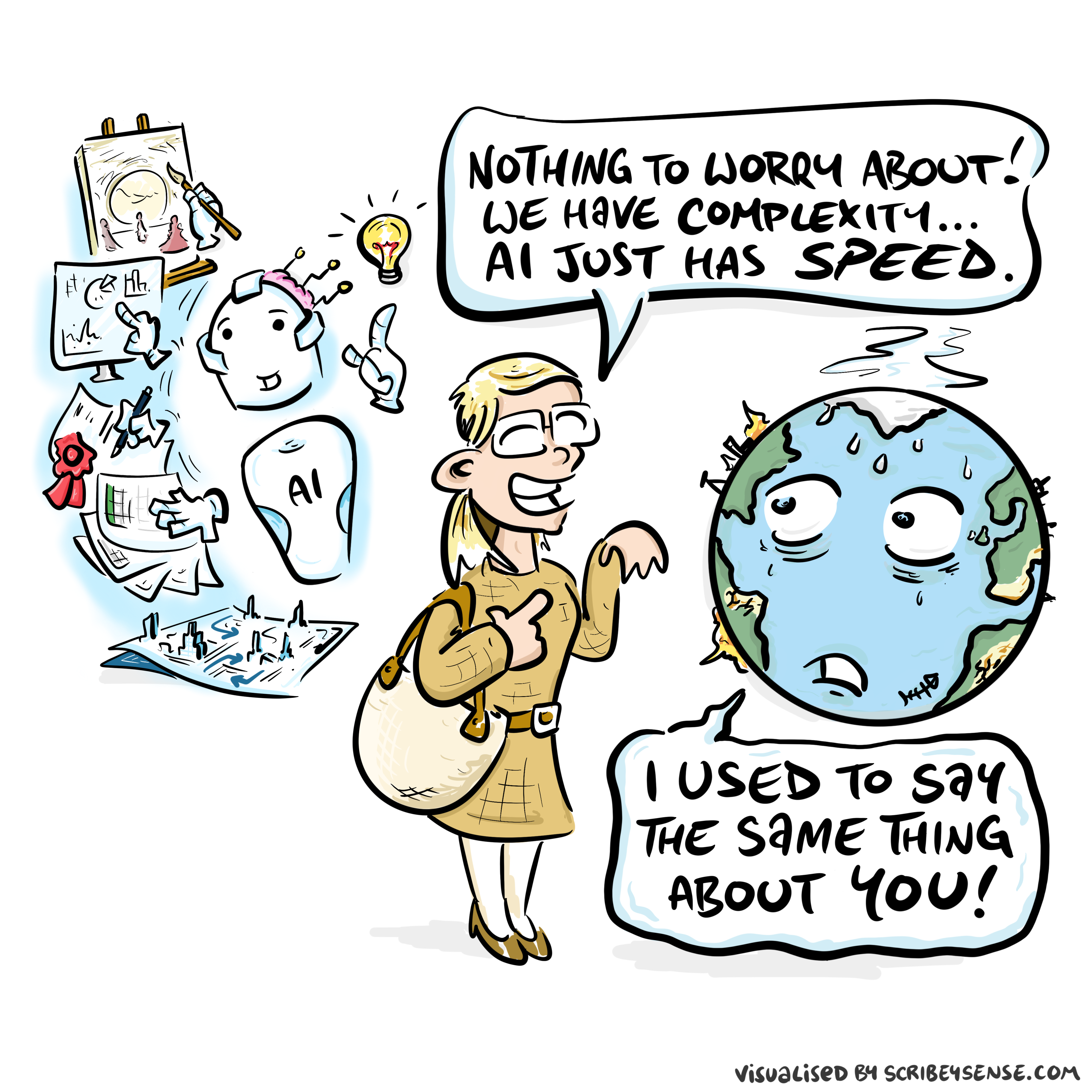Facebook AI Lab Launch
Today it is 11 years since the Facebook AI lab launched. It’s the opening scene in the prologue, and it was genuinely a moment when I wondered what’s all this going to mean. Specifically because Yann used the term “artificial intelligence” to launch the lab.
The book opens on 8th December 2013 in Lake Tahoe. This year’s conference will start in two days in Vancouver. But today Geoff Hinton will give the Nobel Prize lecture on Boltzmann machines. We’ve come quite a long way in those 11 years!
In the book I suggest that I prefer the term machine intelligence to artificial intelligence. The prologue was written as part of the first chapter for the book proposal in the third rewrite of the book. It was a suggestion from Keith, my eventual editor at Allen Lane, that separated it out from Chapter 1. But after that it remained largely the same.
So I didn’t revisit my preference for the term “machine intelligence” after finishing the third draft, but now I think that my opinion on the word “intelligence” has changed from writing the book. That’s principally because of the analogies I used. To try and communicate the difference between human and machine intelligence, I used the bandwidth of both the human and machine, highlighting in the book that the machine is 30 million times faster. That calculation is for 1 Gigabit ethernet. For 10 Gigabit the factor is 300 million times faster. As I often say in talks that’s the difference between walking pace and speed of light.
I think this is a difficult difference to conceive, so one thought was to look for systems that process information around eight orders of magnitude slower. The system I could find that does this is genomics. Well, it may be closer to 9 or 10 orders of magnitude slower depending on which organism you look at.
The comparison is between the rate at we transfer information between one another and the rate that information can transfer to the next generation through genetic mutation.
So, roughly speaking, a computer “watching” two humans talk is equivalent to a human watching a plant evolve into another type of plant. That’s how different the machine’s “intelligence” is. So my developed thought by the end of the book (that isn’t expressed in the book) is that if you do insist on calling machines intelligence, please also insist on calling our ecology intelligent.
But while our intelligence can transmit information much faster than our ecology can, and machines can transmit information much faster than we can, our ecology has been evolving for over 4 billion years1.
 Dan Andrews' illustration of Chapter 12. See scribeysense.com
Dan Andrews' illustration of Chapter 12. See scribeysense.com
In the book I remark that that implies that the threat that machines present to us is more similar to the threat we present to our ecology than the more vivid existential risk narratives that have dominated the popular conversation over the last few years. This idea is captured nicely in Dan Andrews’ iamge included here.
-
Now it seems complex life may have been around longer than previously thought. See this this paper for the science and this video for a nice explanation. ↩